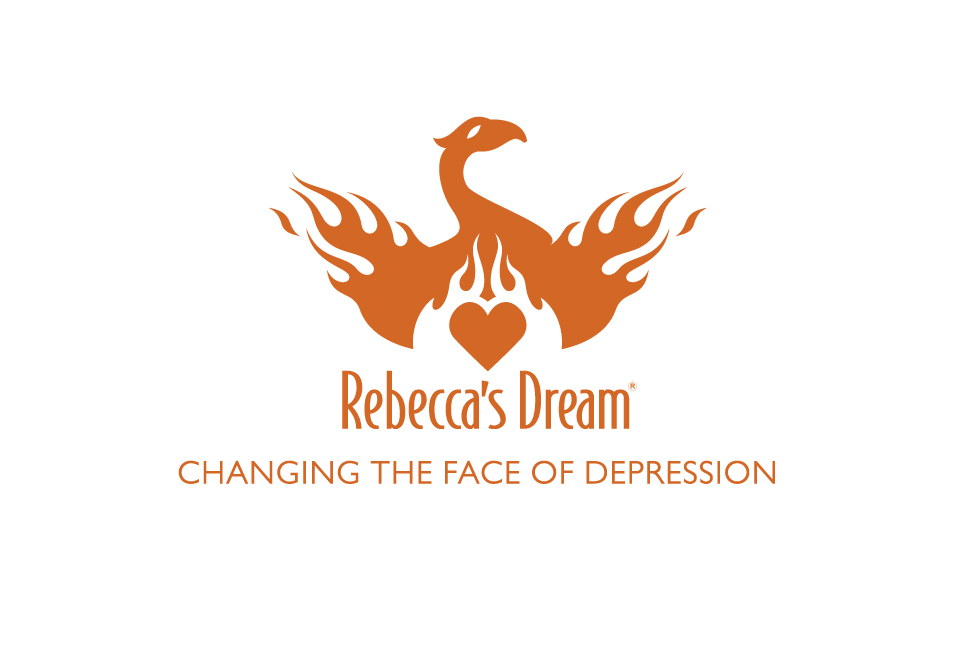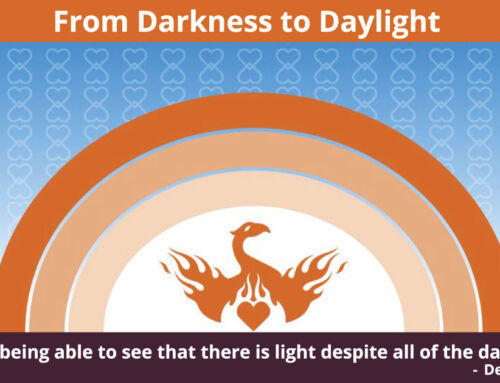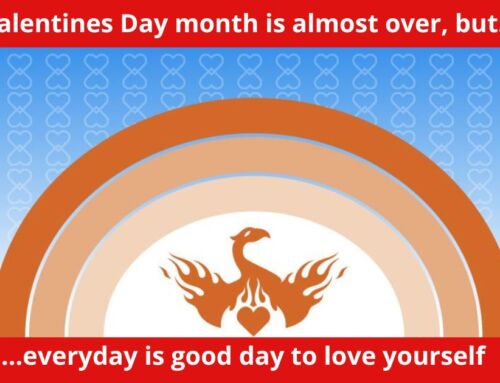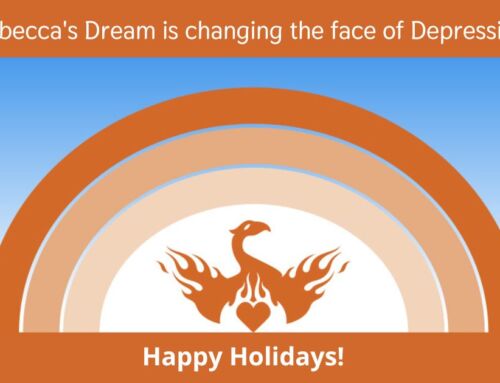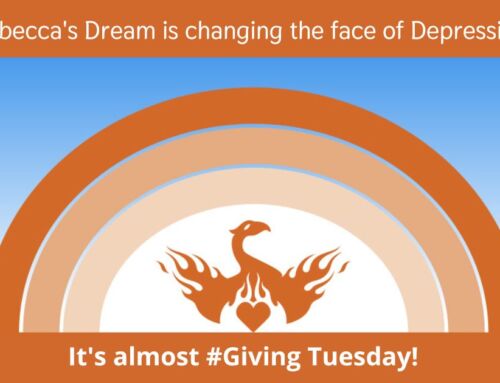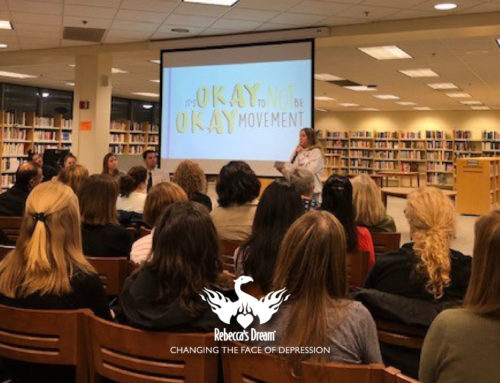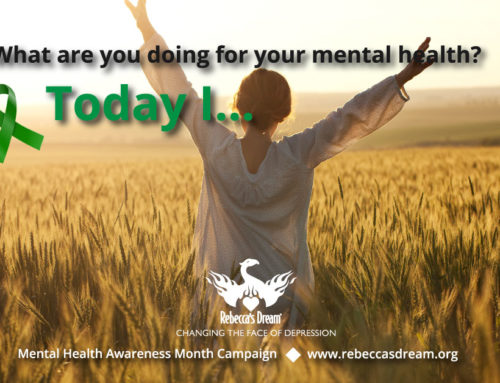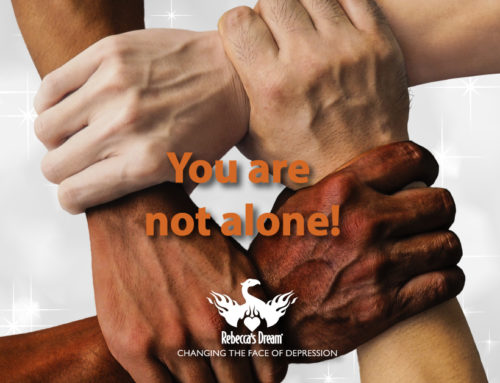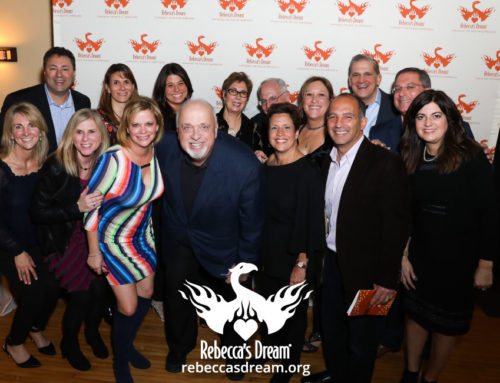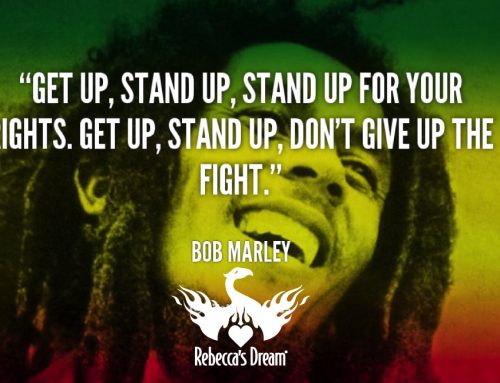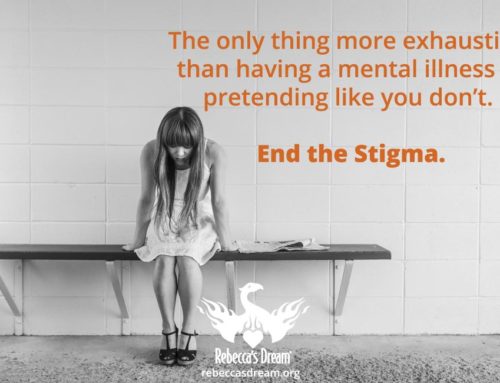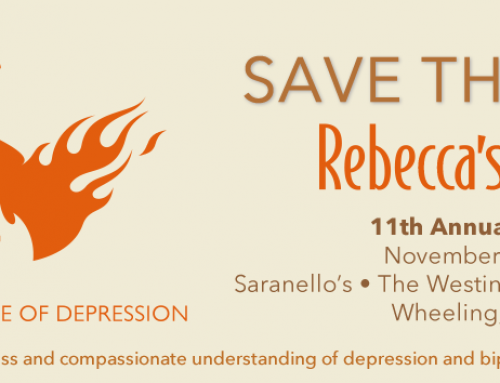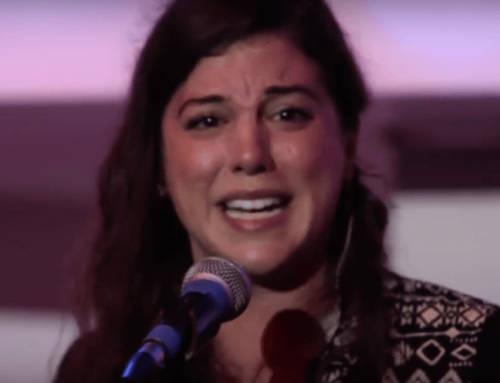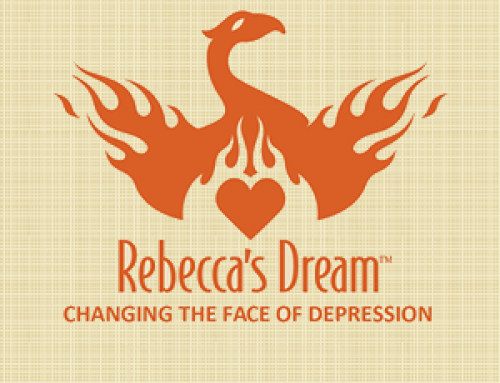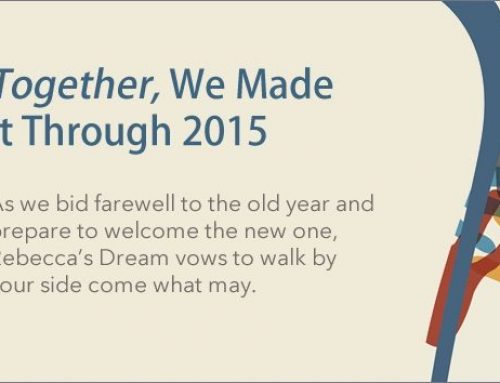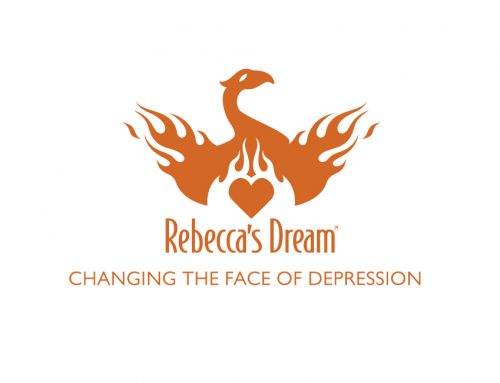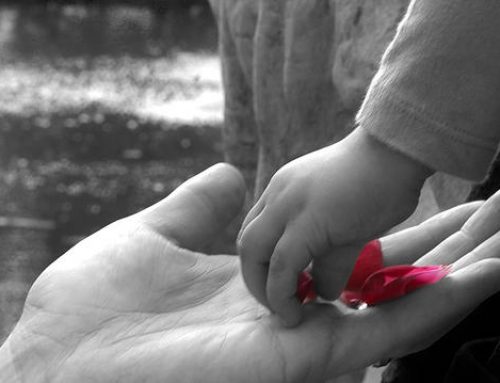I hear it all the time: “Look how far we have come regarding mental health. Talking about it is not such a big deal anymore . . . not like it used to be.”
Yes. The first part of that above statement is true . . . we have come a very long way in mental health research and in our understanding of mental illness as a REAL disease. Yes, we have come a long way. But we are not “there,” not yet.
On Wednesday, February 25, 2015, the Chicago Tribune printed an informative half-page article titled, “Off to College with Mental Illness: How students, parents can prepare for new challenges.” What a valuable article for families sending their kids to college with diagnosed mental health issues.
In the article, Donna Jackel wrote, “Parents should know that with strategies crafted in advance and monitored from afar, teens with a mental illness can thrive in college and beyond.” However, “parents of college freshman quickly will discover that accommodations are less comprehensive than in lower grades.” Peter Lake of Stetson University College of Law explains: “The biggest change, perhaps, from K-12, is the college student’s responsibility to disclose a disability. Accommodations are generally not available unless you ask. Too often, students don’t react until their grades plunge.”
So, we are “there” as far as “accommodations” go but on the other hand, we’re still not there if college students feel ashamed and embarrassed to ask for those accommodations. Do you know any young adults who want to stand out as different from their peers? Do you know any young adults who willingly and openly speak up, on their own, to let others know that “I have a mental illness and need help” . . .?
Rebecca’s Dream continues to beat the drum for “promoting awareness and compassionate understanding of depression and bipolar disorder as real diseases,” and we will not stop until the words “I have a mood disorder and need accommodations” are no less shaming than the words, “I have diabetes and need accommodations.” That’s the “there”—the place of true, complete, unquestioned acceptance—where we want, and need, to be.
In the positive column along with the Chicago Tribune piece is the March 16, 2015 article in TIME (p. 24 in the print edition): “The Campaign to Make Mental Health a Priority” written by Mandy Oaklander. Mandy writes, “It’s easy to spot signs of physical pain: a gash, a rash, a dramatic clutch at the chest. Much murkier is emotional distress, which can be easily masked and may feel taboo to talk about, no matter how close you are to someone.”
In this same article, Dr. Barbara Van Dahlen points out that “Simply asking someone ‘How are you—really?’ will yield more than a rote answer. It’s an entrée into what could lead to somebody to getting help they’re afraid to ask for . . . The most important thing,” says Van Dahlen, “is that people know it’s O.K. to not always be O.K.” The article goes on to show, in an easy-to-understand cartoon, “5 Signs a Friend Might Need Help,” and these five signs apply to children and adults alike.
Thank you, thank you to Time magazine and the Chicago Tribune for publishing these two articles and for being out front in the constant uphill struggle toward CHANGING THE FACE OF DEPRESSION. You are helping us to “get there.”
Also helping us to “get there” is the Kennedy Forum, now with an Illinois branch based in Chicago. The Kennedy Forum Illinois is “a diverse partnership of Illinois business, civic and community leaders who understand the cost of doing nothing is too great . . . [and] are launching a campaign to end stigma against mental health and substance use disorders. In addition to a proactive, strategic media engagement effort, we will work with partners to identify and implement solutions in six focus areas where stigma hits home: in the workplace, schools, justice system, families, healthcare practice and veterans.”
This past November 13, 2014, Norm and I attended the first Illinois Forum. We were deeply moved by the thousands of mental health professionals, politicians, teachers, school superintendents, medical doctors, ordinary parents, and so many others who attended a full day and night of learning about advances in mental health treatment and awareness. Patrick Kennedy, founder of the national Kennedy Forum, was present and so accessible to everyone. A few years ago, Patrick was a Rebecca’s Dream Honoree, and he is as committed now to reducing the stigma of mental illness as ever. I LOVE YOU, PATRICK.
Recently, the chief spokesperson for the Kennedy Forum Illinois, Peter O’Brien, published a letter in the Chicago Tribune (February 16, 2015) commenting “on the discussion occurring in Lake Zurich about establishing a vacant home, Midlothian Manor, as permanent housing for 14 formerly homeless individuals with mental health issues.” He was responding to a recent article that recounted some residents’ concerns about living next door and in close proximity to patients with ‘schizophrenia and other mental illness.’ O’Brien writes that “This fear that persons with mental disorders are more dangerous than the general population is not only false, it is also dangerous.”
Housing for those with mentally disabilities is a very humane act. And fear of those with mental disabilities is a very human reaction. We are caught between that proverbial rock and a hard place. I wish the Kennedy Forum of Illinois all the best as it takes on these issues. Even though 71% of Americans support making radical or significant changes to the way we are handling mental health conditions in the U.S. today, the old “not in my backyard” attitude is clearly still alive and well. We are not “there” yet.
Speaking of our backyard . . . do you know that Governor Rauner’s proposed budget will destroy Illinois’ mental health safety net? His budget call for over 87 million dollars in cuts to mental health treatment services: “Governor Rauner is calling for “shared sacrifice” in Illinois – but those with the least have already sacrificed too much. We cannot allow the mental health and substance use disorder safety nets to be decimated in Illinois. A crippled network of care for our most vulnerable citizens will not help the fiscal health of our state, and it will not make it an attractive place to live and work.”
So, Lake Zurich residents don’t want housing for our vulnerable citizens in their hometown, and Governor Rauner is proposing to cut off the lifeline for these same citizens. Are we “there” yet? What do you think?
This past December, bp Magazine published a helpful answer to that plaguing question in a detailed five-page article that outlines “Frontiers of knowledge: New and exciting advances in neuroscience and genetics over the years have paved the way to a better understanding of bipolar disorder and the brain.” The end of the article summed up what all of us in the mental health world need to know.
“Can we point to some amazing findings that we can take home and apply to treating patients today? No,” says Carlos Pato, MD, PhD, an instrumental figure in the U.S.-based Genomic Psychiatry Cohort. “But are we feeling like we’re vastly closer to getting there? Yes.”
That “yes” is important. And so is the word “getting”—in good ole English grammar, “getting” is the “progressive tense” of the verb “to get.” So, although we clearly are not “there,” we are in the process, on the way, moving in the direction of “getting there.” That movement—progression—is what’s important. With your support, devotion, and dedication, Rebecca’s Dream will keep helping us move closer and closer to “there.”
Gail


